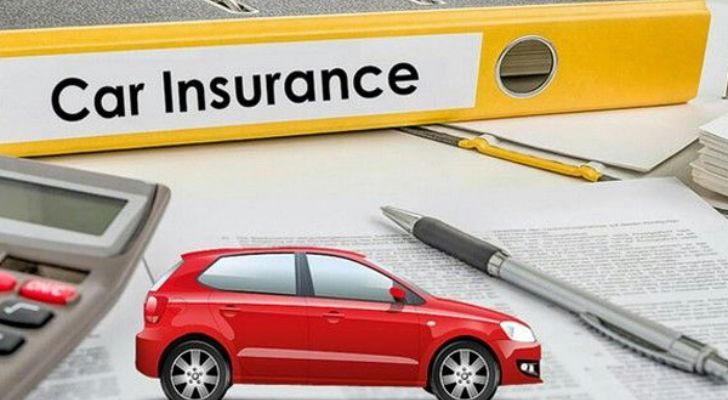Auto Insurance Demystified What You Need to Know Before You Hit the Road
Auto insurance is more than a legal requirement—it’s your financial safeguard on the road. Whether you're commuting to work, road-tripping across the country, or simply running errands, having the right coverage can make a world of difference when accidents happen.
This article explores the essentials of auto insurance, helping you understand your options, how rates are calculated, and what to consider when choosing a policy.
What Is Auto Insurance?
Auto insurance is a contract between you and an insurer that provides financial protection in the event of a car accident, theft, or damage. In exchange for a premium, the insurance company agrees to cover certain costs based on the terms of your policy.
There are several types of auto insurance coverage, and most drivers carry a combination of them.
Core Types of Auto Insurance Coverage
1. Liability Insurance
- Bodily Injury Liability: Covers injuries you cause to others.
- Property Damage Liability: Covers damage to someone else’s vehicle or property.
- Required in nearly every U.S. state.
2. Collision Coverage
- Pays for repairs to your own car after an accident, regardless of fault.
3. Comprehensive Coverage
- Covers damage from non-collision events like theft, vandalism, weather, or animals.
4. Uninsured/Underinsured Motorist Coverage
- Protects you if you're hit by a driver with no or insufficient insurance.
5. Personal Injury Protection (PIP) / Medical Payments
- Helps cover medical bills, lost wages, and more after an accident.

How Auto Insurance Premiums Are Calculated
Insurers use a range of factors to determine your premium:
- Age and gender
- Location
- Driving history
- Type of vehicle
- Credit score (in most states)
- Annual mileage
- Coverage limits and deductibles
Safe drivers with good credit and modest vehicles usually pay lower premiums.
Minimum Coverage Requirements by State
Each U.S. state has its own minimum liability coverage requirements. However, these bare-minimum plans often don’t provide adequate protection.
For example:
- California: $15,000 per person / $30,000 per accident in bodily injury, $5,000 property damage
- Florida: Requires PIP and property damage liability only
Check your state’s DMV or insurance department for the latest regulations.
How to Choose the Right Auto Insurance
When shopping for coverage, consider:
- Your driving habits: Daily commuter vs. occasional driver
- Your car’s value: Older cars may not need comprehensive/collision coverage
- Your budget: Balance between premium cost and deductible level
- Legal requirements: Know what your state mandates
- Customer reviews: Look for strong claims service and support

Discounts You May Qualify For
Many insurers offer ways to reduce your premium:
- Safe driver discounts
- Bundling home and auto
- Good student discounts
- Low mileage discount
- Vehicle safety feature discount
Always ask about available discounts when requesting a quote.
What to Do After an Accident
If you’re involved in a car accident:
- Stay calm and check for injuries
- Move to safety, if possible
- Call 911 and report the accident
- Exchange information with the other driver
- Take photos of the scene and vehicles
- Notify your insurer promptly
Timely and accurate reporting can speed up the claims process and protect your rights.
When to File a Claim
You should file a claim when:
- You’re in a collision
- Your car is stolen or vandalized
- You hit an animal
- Another driver causes damage and is uninsured
However, minor scrapes or repairs under your deductible might not be worth filing.

Common Auto Insurance Myths
- "Red cars cost more to insure": False. Color has no effect on premiums.
- "Older drivers always pay more": Premiums often drop after age 25 and again after age 50.
- "Insurance follows the driver": It usually follows the car, not the person.
Final Thoughts: Drive with Confidence
Auto insurance is more than just a legal necessity—it’s a smart investment in your safety and financial well-being. With the right policy, you can hit the road with confidence knowing you're protected against life’s unexpected turns.
Take a few minutes today to compare plans, ask questions, and find the auto insurance that gives you peace of mind every time you drive.
